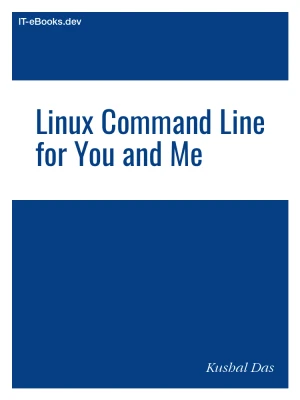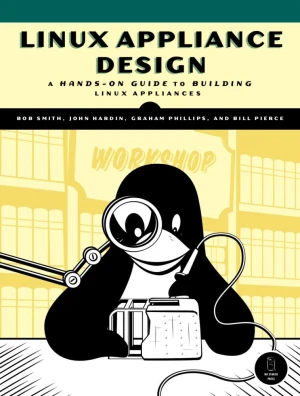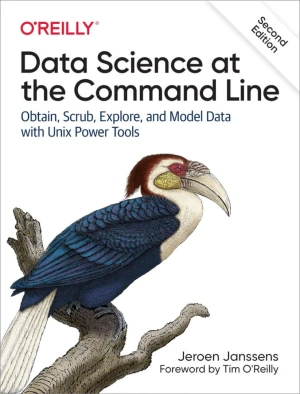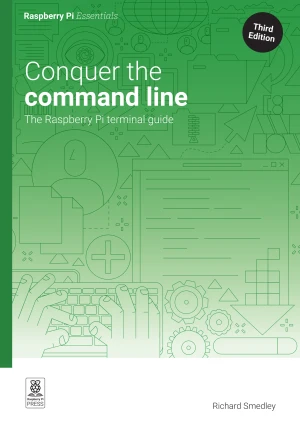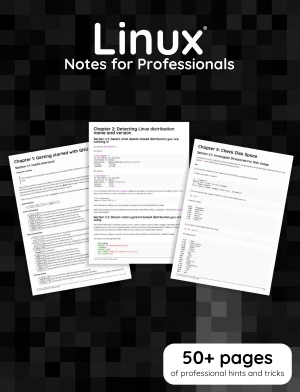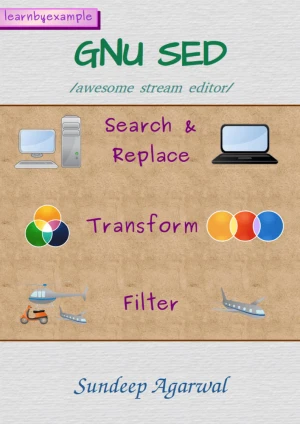The Linux Command Line, 5th Edition
A Complete Introduction
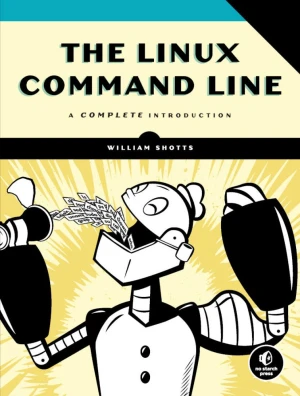
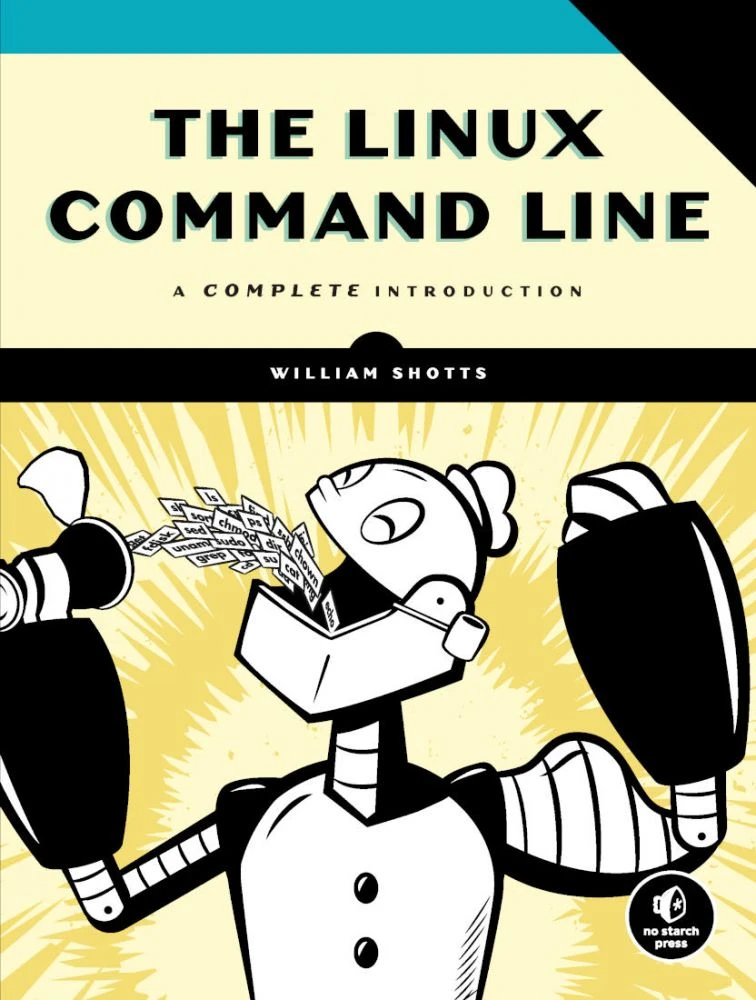
Book Details
| Author | William Shotts |
| Publisher | No Starch Press |
| Published | 2019 |
| Edition | 5th |
| Paperback | 555 pages |
| Language | English |
| ISBN-13 | 9781593279523 |
| ISBN-10 | 1593279523 |
| License | Creative Commons Attribution-NonCommercial-NoDerivatives |
Book Description
The Linux Command Line takes you from your very first terminal keystrokes to writing full programs in Bash, the most popular Linux shell (or command line). Along the way you'll learn the timeless skills handed down by generations of experienced, mouse-shunning gurus: file navigation, environment configuration, command chaining, pattern matching with regular expressions, and more.
In addition to that practical knowledge, author William Shotts reveals the philosophy behind these tools and the rich heritage that your desktop Linux machine has inherited from Unix supercomputers of yore.
As you make your way through the book's short, easily-digestible chapters, you'll learn how to:
- Create and delete files, directories, and symlinks
- Administer your system, including networking, package installation, and process management
- Use standard input and output, redirection, and pipelines
- Edit files with Vi, the world's most popular text editor
- Write shell scripts to automate common or boring tasks
- Slice and dice text files with cut, paste, grep, patch, and sed
Once you overcome your initial "shell shock," you'll find that the command line is a natural and expressive way to communicate with your computer. Just don't be surprised if your mouse starts to gather dust.
This book is available under a Creative Commons Attribution-NonCommercial-NoDerivatives license (CC BY-NC-ND), which means that you are free to copy and distribute it, as long as you attribute the source, don't use it commercially, and don't create modified versions.
If you enjoyed the book and would like to support the author, you can purchase a printed copy (hardcover or paperback) from official retailers.
Download and Read Links
Share this Book
[localhost]# find . -name "*Similar_Books*"
Linux Command Line for You and Me
The command line is a text interface for your computer. It's a program that takes in commands, which it passes on to the computer's operating system to run. Linux command line for you and me is a open book for newcomers to command line environment.
Linux Appliance Design
Modern appliances are complex machines with processors, operating systems, and application software. While there are books that will tell you how to run Linux on embedded hardware, and books on how to build a Linux application, Linux Appliance Design is the first book to demonstrate how to merge the two and create a Linux appliance. You'll see for
Data Science at the Command Line, 2nd Edition
This thoroughly revised guide demonstrates how the flexibility of the command line can help you become a more efficient and productive data scientist. You'll learn how to combine small yet powerful command-line tools to quickly obtain, scrub, explore, and model your data. To get you started, author Jeroen Janssens provides a Docker image packed wit
Conquer the command line, 3rd Edition
Sometimes only words will do. Graphical user interfaces (GUIs) were a great advance, creating an easy route into computers for non-technical users. But for complex tasks, GUIs can block off choices and require a circuitous route even for simple tasks. Enter the command line: the blinking cursor many thought had faded away in the 1990s. For getting
Linux Notes for Professionals
The Linux Notes for Professionals book is compiled from Stack Overflow Documentation, the content is written by the beautiful people at Stack Overflow.
GNU SED
This open access book employs a practical, example-driven approach to introduce the features of sed and regular expressions incrementally. The author strongly advises readers to manually type and experiment with each example, emphasizing that a thorough understanding of both the sample input and the resulting output is critical for comprehension. T

